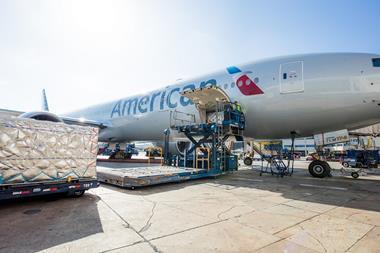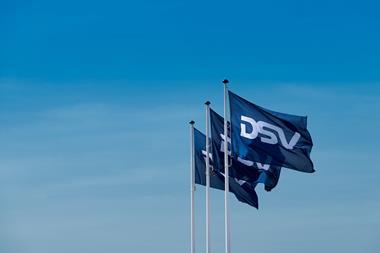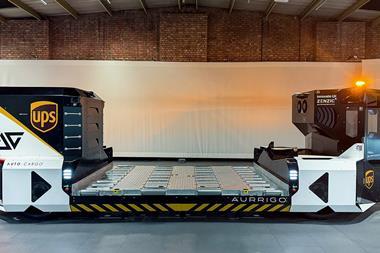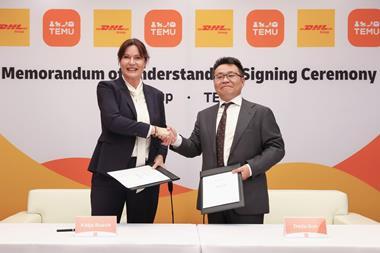DHL Global Forwarding is considering completely scrapping the IT and enterprise resource planning (ERP) systems it has been developing as part of its New Forwarding Environment (NFE) transformation project in favour of a different system.
Speaking shortly after announcing second-quarter results, Deutsche Post DHL chief financial officer Larry Rosen said that it was conducting a review of the IT and ERP elements of its transformation project.
This follows a decision at the end of the first quarter to put its NFE transformation project on hold as its roll out was judged to be too ambitious and was affecting business performance.
The new software was at the time described as significantly more rigid than the existing set up by Deutsche Post DHL chief executive Frank Appel.
Rosen said the forwarder had three options: it could take the decision to completely scrap the development of the new IT and ERP systems in favour of different software; it could keep certain elements of the project but not others; or it could decide to push ahead with the project in its current guise.
However, he said it was “unlikely” to “very unlikely” that the company would not be able to use certain elements of the system it had been working on.
A decision on which option to take would be announced in line with the publication of its third quarter results. A new timeline for the implementation of the project would also be provided at that point.
When asked if the forwarder would consider scrapping the transformation project altogether, Rosen said this wasn’t an option as it was more crucial than ever before to be cost competitive.
As part of the overall group’s 2020 strategy, the forwarding division has the target of improving the earnings before interest and tax conversion rate from the current level of 15% to 25%, in line, or even ahead, of others in the market.
A big part of achieving this is improving its legacy IT and ERP systems, so there “wasn’t an alternative” where the transformation project was completely abandoned.
Rosen said €300m had been included on the balance sheet so far for the development of the transformation project.
How much of this would be written off would depend on how much of the transformation project is maintained.
However, Rosen was keen to stress that no decision had been made at this time and it was unlikely that some elements would not be kept.
Shortly before announcing the suspension of its NFE transformation project in May, it emerged that Roger Crook, chief executive of the global freight forwarding arm, had stepped down for personal reasons, although industry rumours suggest his departure was linked to the troubled roll-out of the transformation programme.
He was replaced on an interim basis by Renato Chiavi. Rosen had no further update on a long-term replacement for Crook.
Rosen was speaking following the announcement of the forwarder’s second quarter results.
The Bonn-headquartered forwarder recorded a 7.2% year-on-year decline in airfreight exports during the second quarter to 530,000 tonnes, while the half-year result was down by 3.6% to 1m tonnes.
Second-quarter airfreight revenues, meanwhile, increased by 3.1% against last year to €1.27bn and for the half year there was an increase of 7.3% to €2.39bn.










